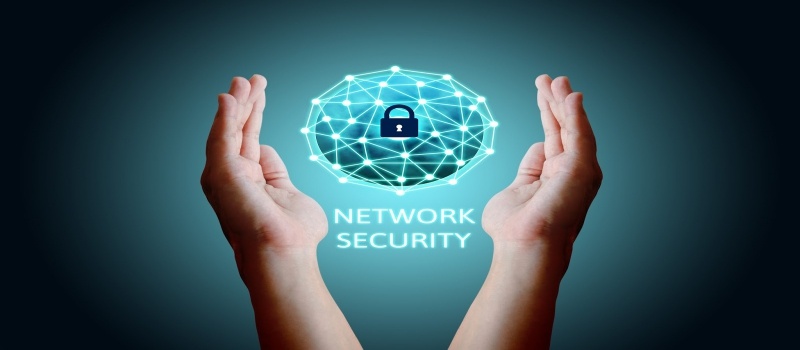
24 Aug Email Security Best Practices | IT Support Miami
With the relative safety of most email these days, it’s important not to let down your guard, but instead implement the following best practices to stay up-to-date with email security. Case in point: Telx recently discovered a Cryptolocker virus (a type of ransomware that encrypts and holds your information hostrage until until you purchase an encryption key) in one of our client’s server. We caught it in time, but though it would be a good time to touch base about email security.
You can stay ahead with these safety tips:
1. Share your e-mail address with trusted sources only.
Only those to whom you know personally should have your personal e-mail address. DO NOT post your email on web sites, forums, or in chat rooms. Otherwise, you run the risk of inviting spam into your inbox. If you have to use an email to subscribe to a newsletter or website and receive a confirmation email, consider using an address that is not linked to any of your personal information. For example: sample@gmail.com
2. Watch out for phishing scams.
Phishing scams use fraudulent e-mails and fake websites that pose as legitimate businesses in an attempt to retrieve your login and personal information. To be safe, if you receive an email prompting you to login to a site, first check and see if that website is legitimate. You can always call the business just to make sure that the email is coming from them.
3. Be careful opening attachments
Attachments coming from unknown sources are the most likely sources of computer viruses. If you do choose to download attachments, make sure that your security software is enabled and pay attention to any warning messages you receive.
4. Do not Reply to Spam Messages
If you do not recognize the sender, do not reply to messages. Even responding to unsubscribe could set you up for more spam.
5. Create Strong Passwords
Having your pet dog’s name as your password is no longer the security standard for protecting your personal information. Great passphrases are long alphanumeric chains with special characters.
6. Security Software
It is vitally important to have the most up-to-date security software to protect from viruses, worms, Trojans, Cryptolocker and other malicious software. Your security software should also include firewalls, which monitor your internet connection and keep unwanted traffic outside.
7. Backup Your Email.
Depending on your industry, your email may contain legally-binding contracts, major financial decisions, and professional communication. Just as you would have a hardcopy of important business documents, it’s also important to regularly back up your email and have records if your email client crashes and loses data.
8. You haven’t won the lottery
Scammers will use any subject line to get your attention so that you open an email. If it sounds too good to be true, then it usually is. If it helps, you most likely do not have an unclaimed inheritance, there is no Nigerian Monarch, or other person promising you loads of cash, that requires your bank information immediately, and you haven’t won a free Ipad.
9. Encrypt your Wi-Fi network and email when possible
It is important to encrypt your wireless connection between your computer and the wireless router. This is one of the most vulnerable information sources and it is best to use the WPA2 encryption standard. This encryption will make it very difficult for any hacker to break. However, if your connection is compromised and a hacker does have access to your information, the next step is to encrypt your email. Email encryption ranges from the very expensive to PGP, the most common email encryption standard. Regardless, by using encryption, the hacker will not be able to understand what your emails say.
These email best practices are the first step in protecting your data. However, with cyber security threats growing daily, it is important to take as many safeguards as possible. Even the best security can be circumvented by a determined hacker. Our comprehensive suite of security software and remote monitoring ensure constant vigilance against cybercrime and theft. Take a look at how our security options can provide the next generation solutions for your business.




